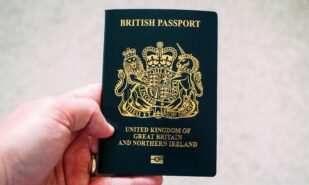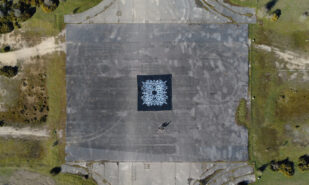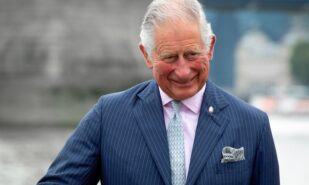Sunak promises to put a defence complex on “military rails”
As an important step in strengthening the country’s defence, the UK government has unveiled plans to increase military spending from 2.32% to 2.5% of gross domestic product (GDP) by the end of the decade. Yesterday, during his visit to Poland, Prime Minister Rishi Sunak outlined a comprehensive strategy that includes strengthening the arms industry and allocating significant funds to support Ukraine. According to the prime minister’s statement, defence spending will increase to £87 billion per year by 2030. Today, Sunak’s proposals have already been supported in Germany, where he arrived for a meeting with Chancellor Olaf Scholz. In particular, joint initiatives and projects aimed at enhancing military potential were discussed during the visit.
The prime minister’s statement was in response to growing pressure from the Conservative Party, where prominent figures such as Defence Minister Grant Shapps and Security Minister Tom Tugendhat have advocated for increased military spending to effectively counter threats. Sunak’s commitment to allocate no less than £3 billion per year to Ukraine “for as long as required,”combined with an increase in the defence budget, was announced three days after it became known that the US House of Representatives approved a $61 billion aid package to Ukraine.
Central to Sunak’s plans is the development of the defenceindustry, which he intends to put on “military rails.” A significant portion of the funding (£10 billion) will be directed towards ammunition production. Despite such decisive measures, Sunak hastened to reassure voters, stating that the UK is not on the brink of war and is not seeking conflict.
Critics, however, doubt the feasibility of the plan, especially regarding its sources of funding. Independent forecasts indicate that the necessary funds will partly come from cutting 70,000 civil service positions and will be directed towards increasing investments in relevant military research and development. Thus, the strategy entails expanding defence spending without increasing the country’s debt.
Sunak also noted that global tensions have reached Cold War levels. Therefore, increasing military spending is not just a necessity but, according to the prime minister, a strategic response to challenges in maintaining global stability. He emphasised the UK’s key role as the second-largest NATO member after the US and called on allies to meet their collective defence commitments. Currently, military spending of more than half of NATO member countries, including France, Germany, the Netherlands, Canada, and others, is less than the required 2%.
However, the future of the ambitious UK defence program remains uncertain. While the Labour Party has expressed readiness to meet Sunak’s military commitments, they have not provided final guarantees. Earlier, Labour leader Keir Starmer spoke of directing up to 2.5% of GDP to these goals only if “resources allow.” Additionally, Labour’s shadow defenceminister, John Healey, stated that “the Tories have shown time and time again that they cannot be trusted on defence”.
It should be noted that ahead of elections, new government initiatives coordinated at the international level appear more than serious. And the increased focus on defence strategy speaks clearly: it is time to enhance the country’s defence amid growing global instability.













